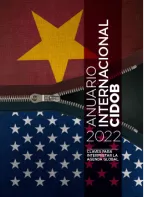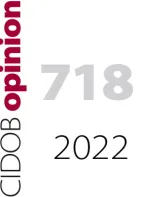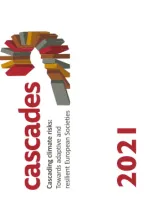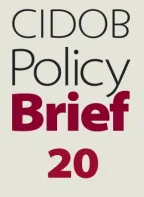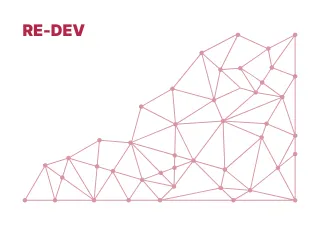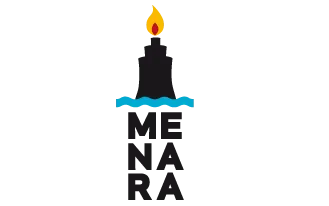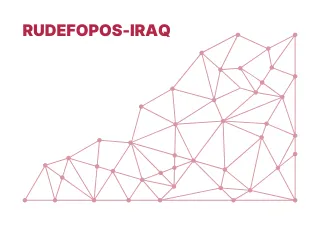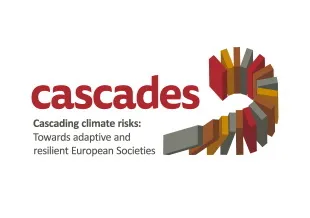Eckart Woertz
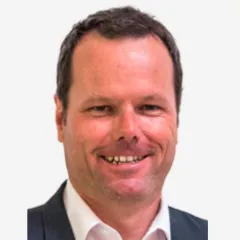
Associate Senior Researcher
Eckart Woertz is director of the Institute for Middle East Studies (IMES) at the GIGA German Institute of Global and Area Studies in Hamburg, professor for contemporary Middle East history at the University of Hamburg and a non-resident senior research associate at CIDOB (Barcelona Centre for International Affairs). His research interests comprise the political economy of the Middle East and North Africa, energy issues and food security. He is author of Oil for Food (Oxford University Press 2013), co-editor of the Water-Energy Food Nexus in the Middle East and North Africa (Routledge 2016) and editor of GCC Financial Markets (Gerlach Press 2012).
Articles of him have been published in the Middle East Journal, Food Policy, Food Security, International Development Policy, the International Journal of Water Resources Development, Third World Quarterly, Global Environment, Globalizations, The Brown Journal of World Affairs, Foreign Policy, Financial Times, several Oxford Handbooks and other edited volumes. He has been a commentator to international media outlets and has contributed to various policy papers and reports.
He has been involved in numerous third-party projects, among them a Marie Curie grant and FP7 and H2020 projects of the European Commission. His consultancy engagements have included the Jeddah Chamber of Commerce and Industry, the Kuwait Investment Authority, the Saudi Ministry of Economy and Planning and international and regional organizations such as the European Parliament, UNCTAD, UNDP and the Union for the Mediterranean.
He serves on the editorial boards of Food Security and the Journal of Arabian Studies and holds a PhD in economics from Friedrich-Alexander University, Erlangen-Nuremberg, where he conducted research about structural adjustment and trade unions in Egypt. Before moving to Hamburg, he held positions at the Barcelona Centre for International Affairs (CIDOB), Sciences Po in Paris, Princeton University and the Gulf Research Center in Dubai. Prior to that he worked for banks in Germany and the United Arab Emirates in equity and fixed income trading.
